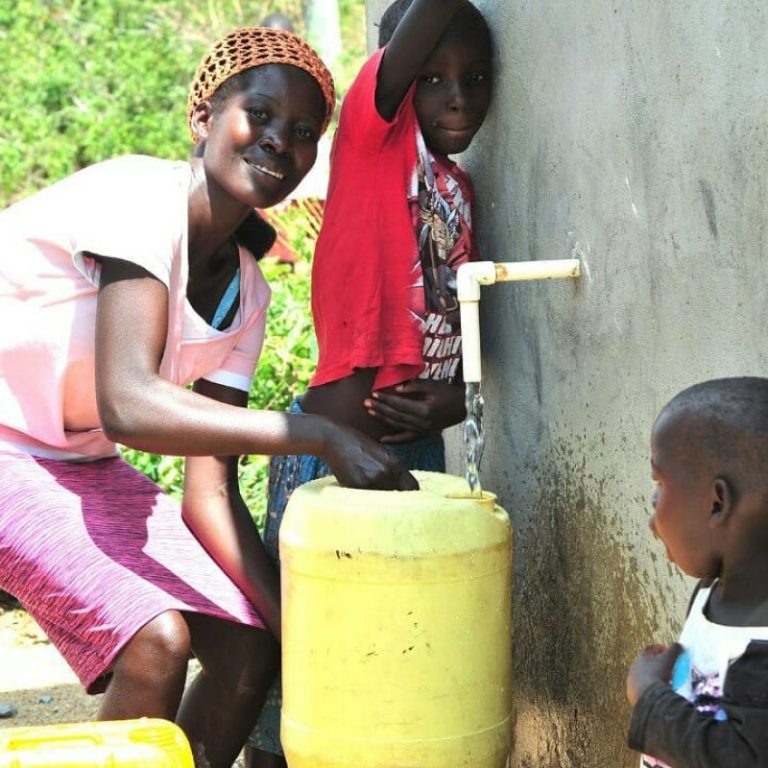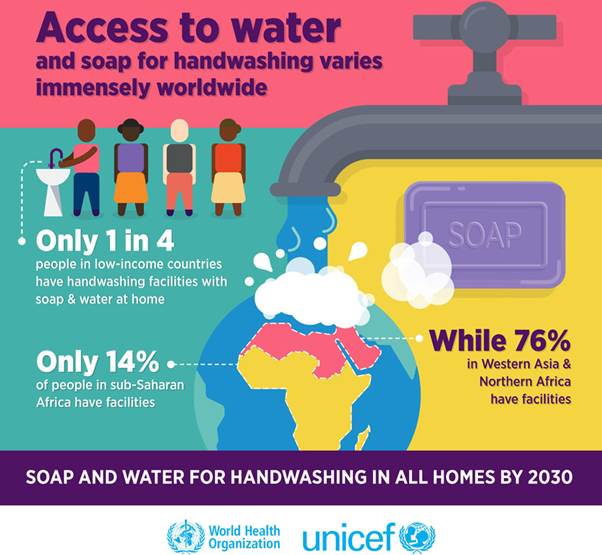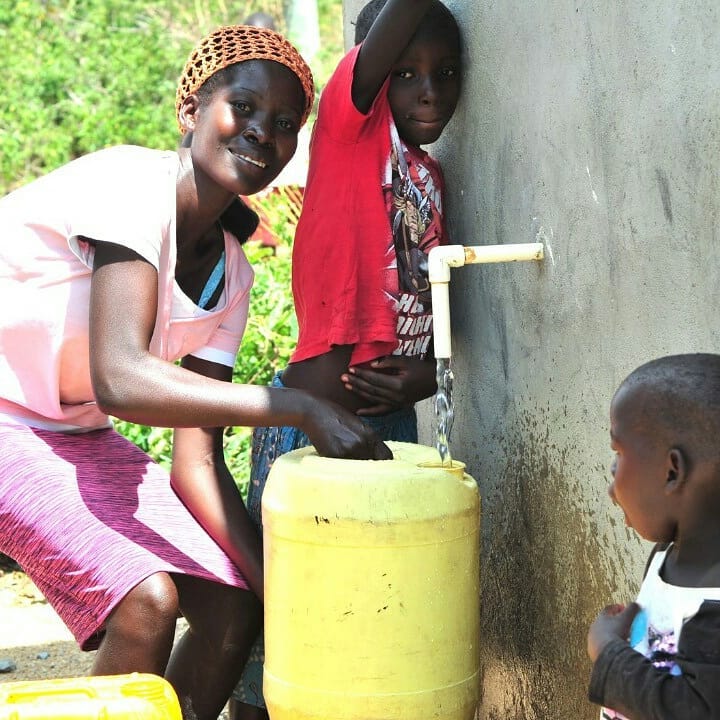In a groundbreaking initiative, a team from the University of Chicago, led by Prof. Anub, has embarked on a mission to Kenya’s informal settlements, seeking to understand and address the pressing issues of water scarcity and sanitation.
Partnering with Maji na Ufanisi (MnU), a Kenyan NGO focused on Water, Sanitation, and Hygiene (WASH) projects, the team aims to gather firsthand data on living conditions in these areas.
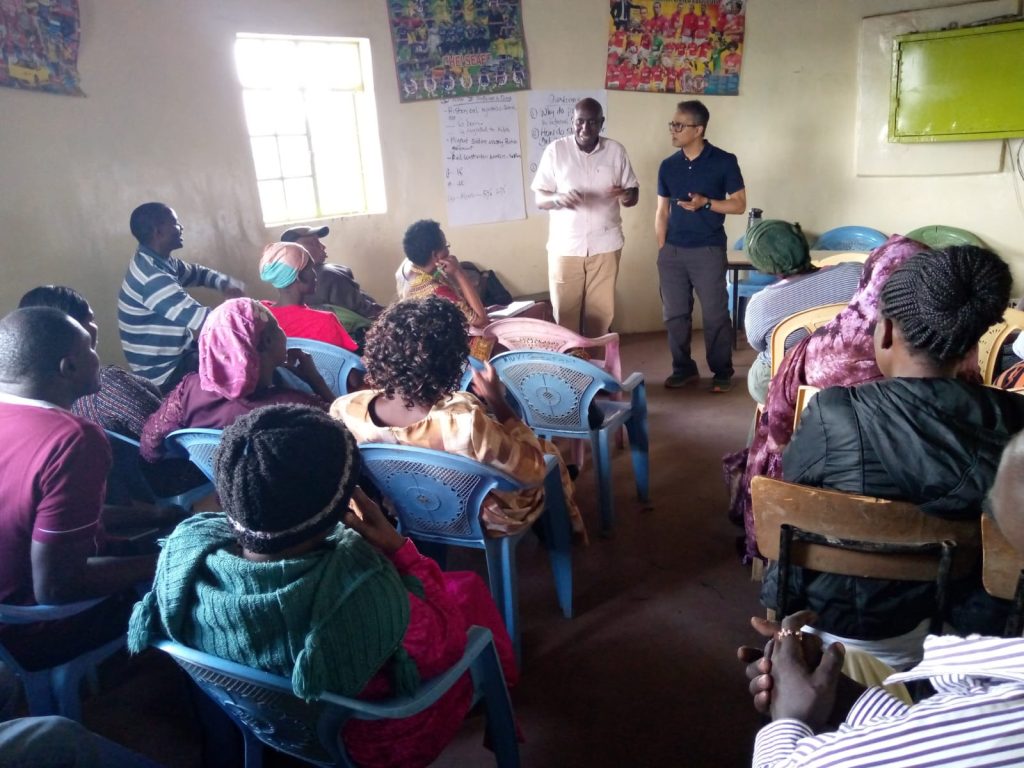
“A Journey into the Heart of Kibera”
The Chicago team, escorted by MnU’s executive director/CEO Steve Kariuki, visited several villages in Kibera, one of the largest slums in Kenya. The villages included Soweto East, Soweto West, Lindi, Mashimoni, Kambi Muru, Gatwekera, Laini Saba, and Kisumu Ndogo.
The team interacted with representatives from the Nyumba Kumi initiative, a community policing strategy that encourages community participation in development projects.
The interviews revealed a grim reality. Water, a basic necessity, is a luxury in these areas. Residents rely heavily on rainwater, and when it’s scarce, they have to fetch water from distant sources, paying not only for the transportation.
The water scheduling by local officials is often biased, with some areas receiving water unfairly at the expense of others.
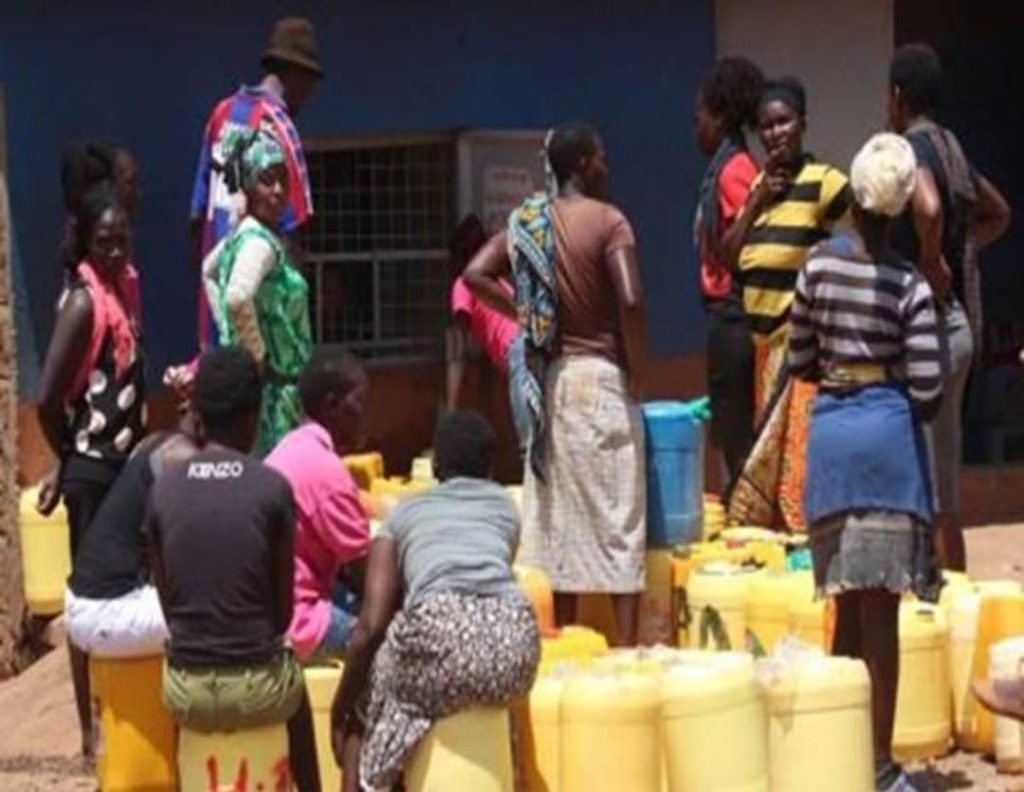
“Maji na Ufanisi: A Beacon of Hope”
Despite these challenges, the residents unanimously agreed that Maji na Ufanisi’s WASH facilities are alleviating their problems.
Also read: Investing in Wash Projects: How Maji na Ufanisi is Improving Sanitation in Kenya
These facilities provide clean water for consumption, clean bathrooms, and toilets, managed by community-based groups. Women and other underprivileged groups in Kenya’s slums are encouraged to form groups to manage these facilities, which charge a small and subsidized fee for water and toilet use, addressing hygiene and other issues.
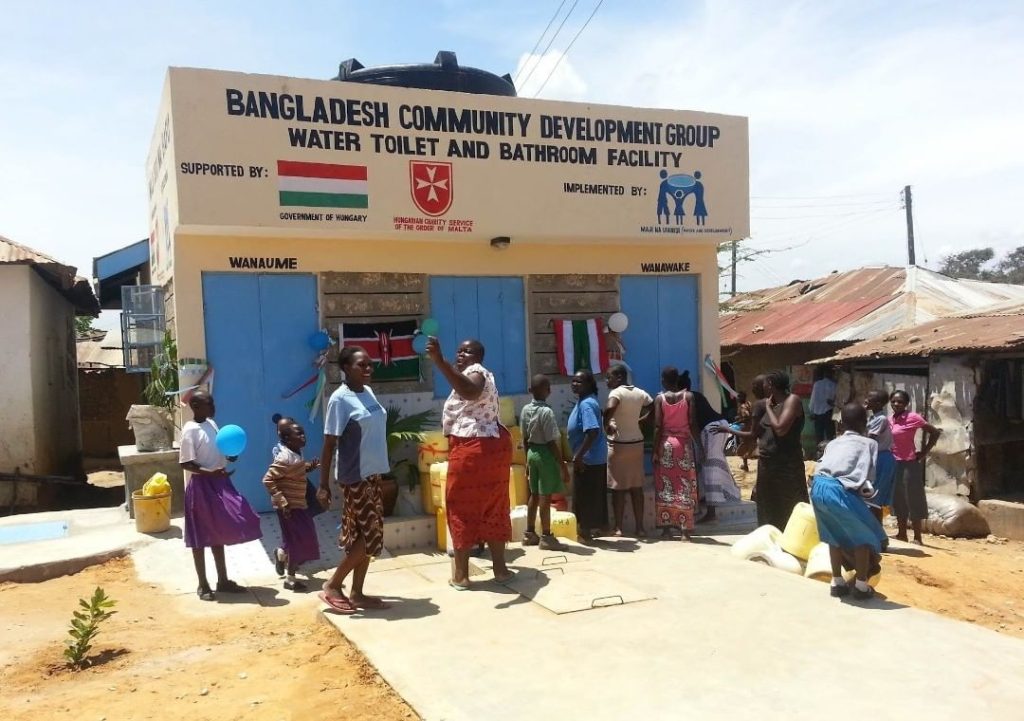
However, the road to progress is not without obstacles. The construction of earmarked roads in Kibera by road construction companies has led to the destruction of communal toilets. These WASH facilities are rarely replaced, adding to the woes of the residents.
“In-Depth Deliberations and Future Aspirations”
At the MnU offices, the Chicago team held in-depth discussions on long-term understanding of three key issues:
- Why do people live in informal settlements?
- How do slum dwellers earn their living?
- What are the future aspirations of the people living in the slums?
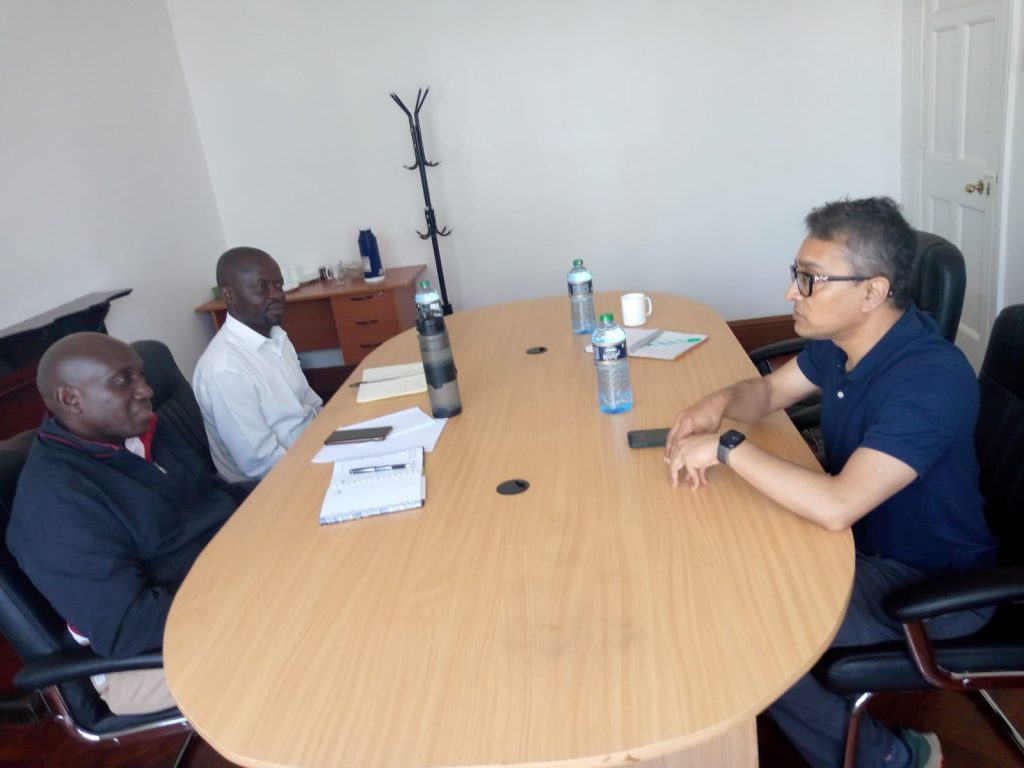
The findings from this research will inform strategies pursued by the Government of Kenya and international partners like the World Bank and IMF. The goal is to provide sustainable solutions to the water and sanitation crisis in these informal settlements, improving the quality of life for thousands of residents.
The joint efforts of the University of Chicago team and Maji na Ufanisi are a shining example of international collaboration aimed at addressing global issues.
Their work serves as a reminder that every drop of water counts, and every effort made towards providing clean water and sanitation facilities can make a significant difference in the lives of those living in the world’s most vulnerable communities.

